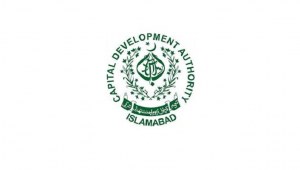Islamabad: The World Bank has approved USD 102 million in financing for the Resilient and Accessible Microfinance (RAM) Project, aiming to strengthen Pakistan’s microfinance sector and enhance financial resilience against climate-related shocks.
According to Najy Benhassine, World Bank Country Director for Pakistan, the initiative will ensure continued access to microcredit for vulnerable communities, particularly in rural areas, by supporting microfinance institutions in times of financial stress.
Read: World Bank reaffirms support for Pakistan’s economic reforms
The project is expected to benefit nearly 1.89 million people, including over 1 million women and 350,000 youth, by providing access to microloans that help individuals and small businesses recover from economic and climate-related disruptions.
Designed in response to lessons from Pakistan’s 2022 floods, the RAM Project includes the creation of a Climate Risk Fund, the use of agrotechnology solutions, and capacity-building programs for microfinance institutions.
The initiative is co-financed by a USD 23 million grant from the Global Shield Financing Facility (GSFF), backed by donor countries including Canada, Germany, Japan, Luxembourg, and the UK.
Read: World Bank pledges USD 2b for flood recovery projects
The Ministry of Finance and the State Bank of Pakistan (SBP) will oversee the project’s implementation as part of a broader effort to strengthen financial inclusion and climate resilience in Pakistan.








